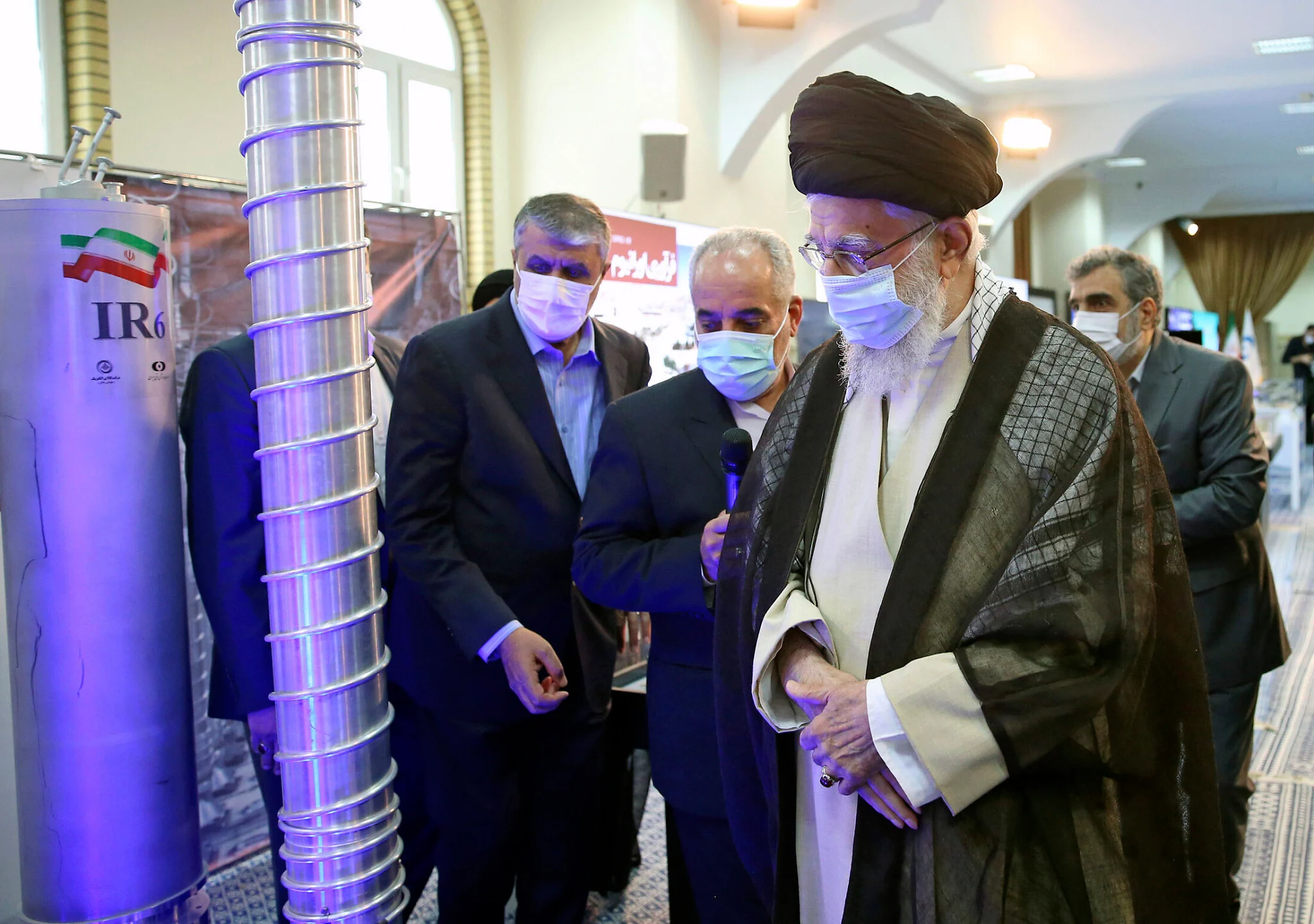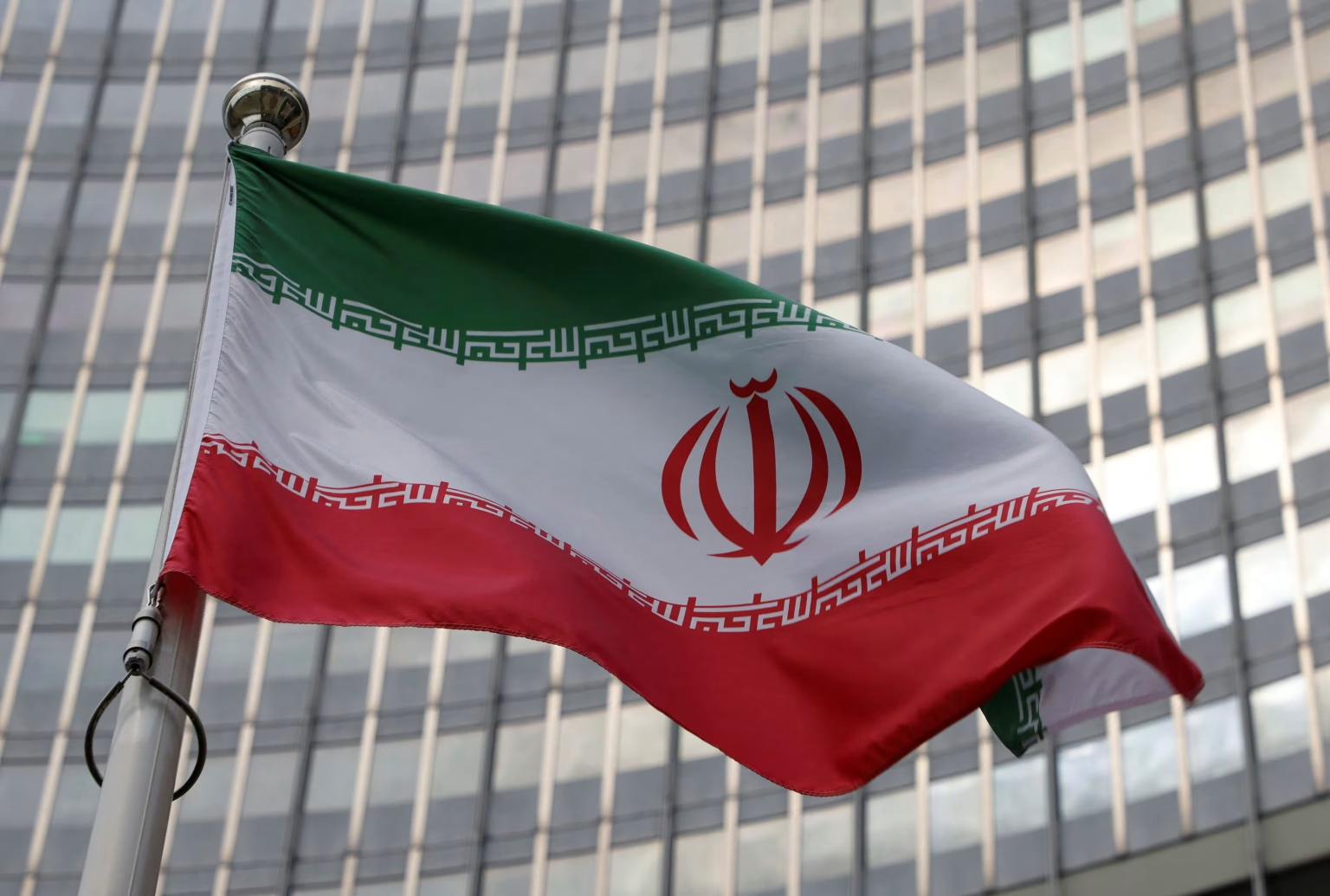By Agboola Aluko
April 10, 2025 | 3-Minute Read
T he United States has escalated its pressure on Iran by implementing new sanctions on its nuclear program on April 9, 2025, just days before crucial talks between U.S. and Iranian officials are set to begin in Oman. This move reflects Washington’s determination to intensify its stance against Tehran as diplomatic efforts aimed at limiting its nuclear ambitions approach a critical juncture.
The U.S. Treasury Department imposed sanctions on five entities based in Iran, including the Atomic Energy Organization of Iran (AEOI), and an individual accused of facilitating Iran’s nuclear activities. Among the sanctioned entities are companies linked to the production of centrifuge components and the development of thorium-based reactors, technologies that could potentially be used for creating nuclear weapons-grade material. Although the U.S. already has extensive sanctions on Iran, this latest action serves as a more direct attempt to reinforce Washington’s position ahead of the upcoming talks scheduled for Saturday.
Treasury Secretary Scott Bessent stated, “The Iranian regime’s reckless pursuit of nuclear weapons remains a grave threat to the United States and a menace to regional stability and global security.” He reaffirmed the U.S. commitment to disrupting any effort by Iran to advance its nuclear program, underlining growing concerns over Tehran’s uranium enrichment activities.
Iran, however, continues to deny any intention to develop nuclear weapons, asserting that its nuclear program is exclusively for civilian energy purposes. While U.S. intelligence has not conclusively found evidence of an active weapons program, officials have warned that Iran’s enhanced enrichment capabilities could allow it to produce weapons-grade uranium within weeks if it chose to do so. This uncertainty has heightened tensions, particularly as Iran has exceeded the uranium enrichment limits set by the 2015 Joint Comprehensive Plan of Action (JCPOA) since the U.S. withdrawal from the agreement in 2018 under former President Donald Trump.
The timing of these sanctions is noteworthy. They come amid an increase in diplomatic activity following President Trump’s recent surprise announcement about imminent direct talks with Iran, though Iranian officials have clarified that these discussions, taking place in Oman, will be indirect and mediated by third parties. Trump, who reimposed extensive sanctions during his first term and pursued a “maximum pressure” campaign, has expressed cautious optimism about potential diplomatic progress. However, he also warned that Iran would face severe consequences, including possible military action, if the talks fail to halt its nuclear advancements.
Israeli Prime Minister Benjamin Netanyahu also weighed in on the situation, warning on April 8, 2025, that prolonged negotiations could make military intervention “inevitable.” Israel, which strongly opposes Iran’s nuclear program, has long accused Tehran of covertly pursuing atomic weapons and has been linked to past sabotage efforts against Iranian nuclear sites. Netanyahu’s remarks reflect the regional anxiety as the deadline for the expiration of U.N. “snapback” sanctions on October 18, 2025, looms—a move tied to the JCPOA that could reinstate harsh international penalties on Iran.
The newly imposed sanctions underscore the economic pressure on Iran, which has seen its rial plummet to an all-time low of 1,043,000 to the dollar amidst mounting tensions. Iranian Foreign Minister Abbas Araghchi dismissed the prospect of direct talks with the U.S. unless sanctions are lifted, demanding negotiations “on equal footing.” Iran’s Supreme Leader Ayatollah Ali Khamenei has warned that any U.S. aggression would provoke a “strong blow” from Iran.
With the talks in Oman fast approaching, the U.S. is clearly attempting to balance diplomatic outreach with its policy of coercion, while Iran prepares for a critical diplomatic confrontation. The question remains whether these fresh sanctions will pressure Iran into making concessions or only deepen its resolve against U.S. demands, as the clock runs out on efforts to avoid a wider conflict.






0 Comments